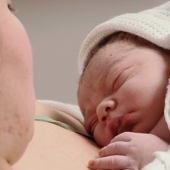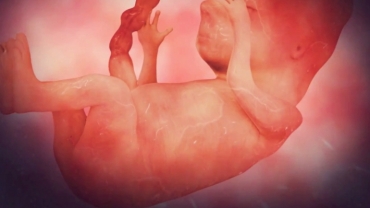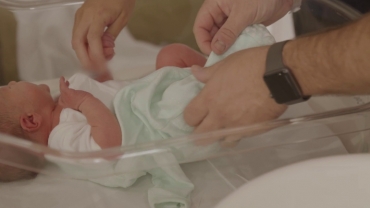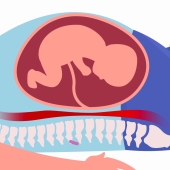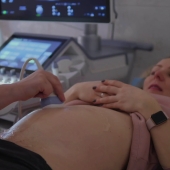Antenatal depression, is a form of clinical depression that can affect a woman during pregnancy, and can be a precursor to postpartum depression if not properly treated. It is estimated that 7% to 20% percent of pregnant women are affected by this condition.
Any form of prenatal stress felt by the mother can have negative effects on various aspects of fetal development, which can cause harm to the mother and child. Antenatal depression is often caused by the stress and worry that pregnancy can bring, only at a more severe level.
Other factors that can put a person at risk for antenatal depression is an unplanned pregnancy, difficulty becoming pregnant, history of abuse, and economic or family situations. Commonly, symptoms involve how the patient views herself, how she feels about going through such a life changing event, the restrictions on the mother's lifestyle that motherhood will place, or how the partner or family feel about the baby.
Pregnancy puts a lot of strain on a woman's body, so some stress, mood swings, sadness, irritability, pain, and memory changes are to be expected. Antenatal depression can be extremely dangerous for the health of the mother, and the baby, if not properly treated.
About video: This video helps you determine the signs of Perinatal Depression, which is depression during pregnancy, versus postpartum depression, which is depression after birth.
- 200 views



